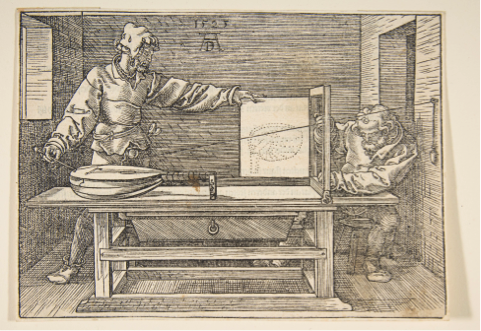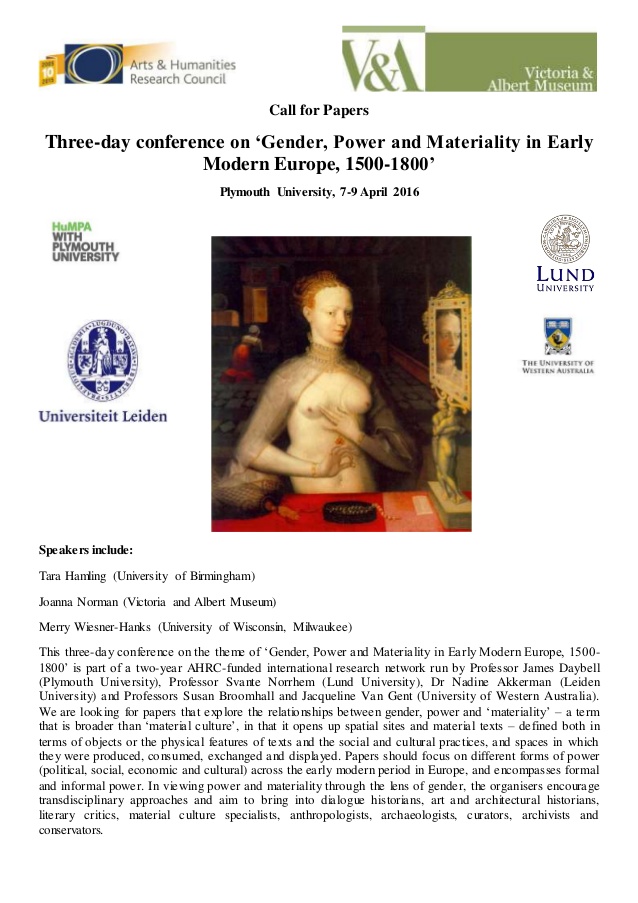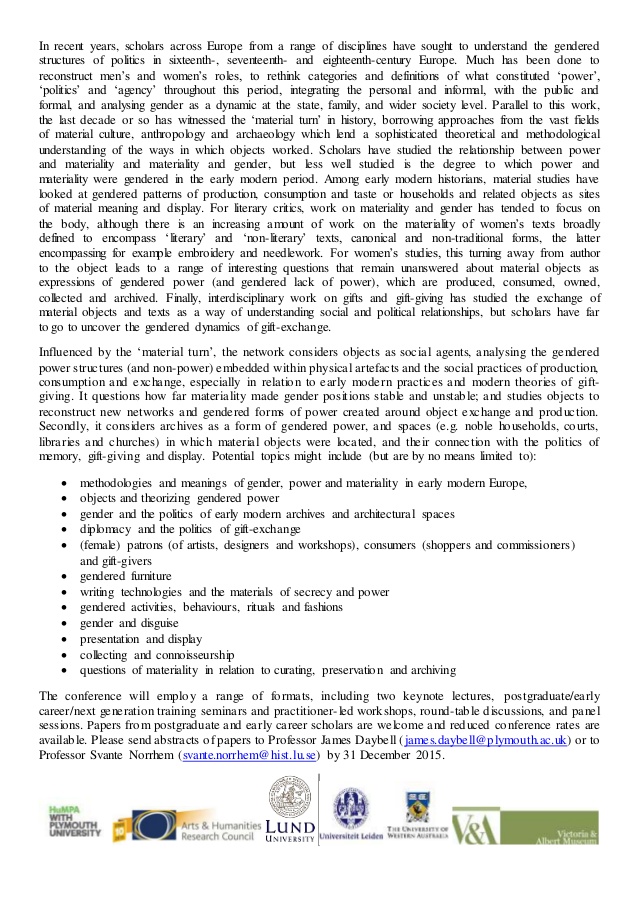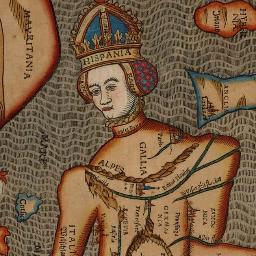Details for an upcoming event at the University of Westminster.
A 2015 episode of RuPaul’s Drag Race saw the work of Shakespeare make a perhaps rather surprising appearance on the show. In the episode, titled ‘Shakesqueer’, the season eight queens performed in rewritten Shakespeare plays – Romeo and Juliet became ‘Romy and Juliet’ and Macbeth became ‘Macbitch’. In 2016, the Globe gave us a production of A Midsummer Night’s Dream with Helenus (played by male actor Ankur Bahl) rather than Helena, transforming the relationship with Demetrius (and indeed Lysander) into an overtly queer one. At exactly the same moment, Russell T. Davies inserted a lesbian kiss into his BBC adaptation of the same play – a kiss which prompted Katie Hopkins to declare “I don’t want Shakespeare queered-up so you feel more at home”.
This queer cultural exploration of the Early Modern is happening at the same time that academic scholarship continues to use queer theoretical frames as a way of illuminating and interrogating Early Modern texts and contexts. Notably, this can be seen in John S. Garrison’s Friendship and Queer Theory in the Renaissance: Gender and Sexuality in Early Modern England (2013); Simone Chess’ Male-to-Female Crossdressing in Early Modern English Literature: Gender, Performance, and Queer Relations (2016); and Will Stockton’s forthcoming Members of His Body (2017), amongst many, many others.
This one-day symposium seeks to ask two questions: firstly, what can queer frames tell us about Early Modern texts and contexts? Secondly, in what ways can the Early Modern (be it literature, culture or politics) speak to queer cultures in the present? Or, what do queer reiterations of Early Modern texts and contexts achieve in the present?
Topics may include but not be limited to:
- the intersections between queerness and race in both Early Modern texts/contexts; and contemporary reiterations of Early Modern cultural artefacts;
- queer uses of Early Modern texts in the contemporary;
- queer readings of Early Modern texts or contexts;
- what it means to suggest that a “queered-up” Shakespeare (for example) might make one feel “more at home”;
- considerations of contemporary productions of Early Modern plays which draw out queerness or which introduce queerness;
- queer history/histories.
Abstract of 250 words, accompanied by a short bio, should be submitted to Kate Graham at k.graham1@westminster.ac.uk by March 3rd 2017.









